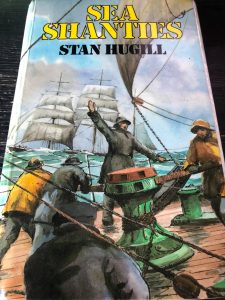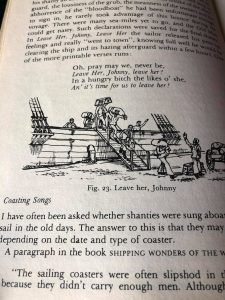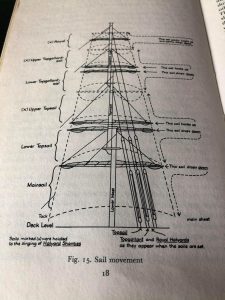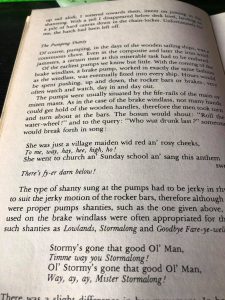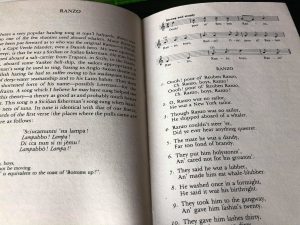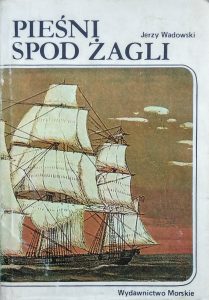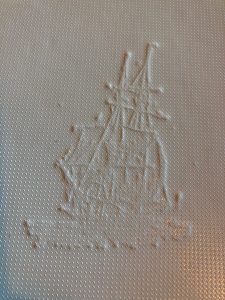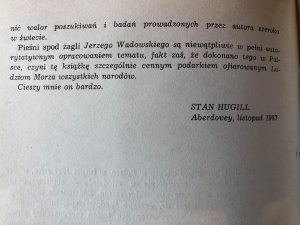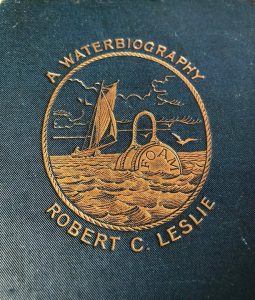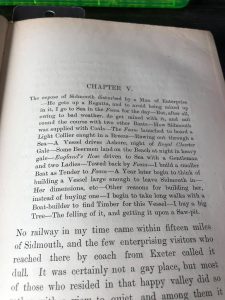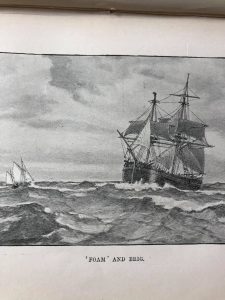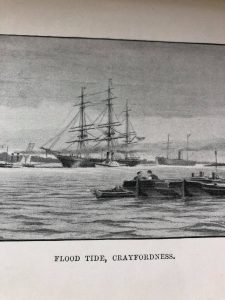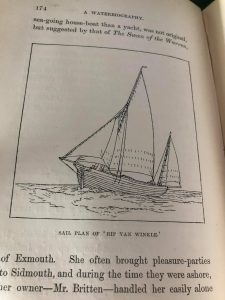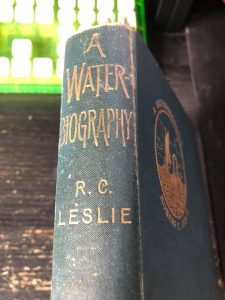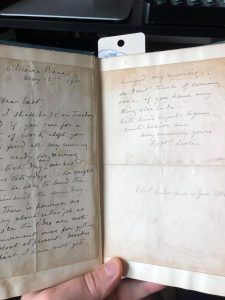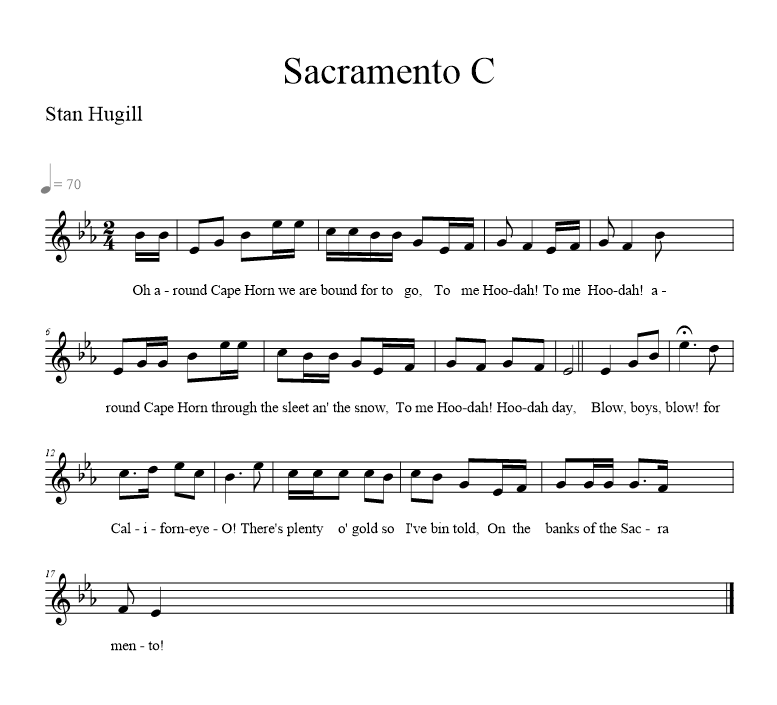Stan Hugill – Sea Shanties (1977), published in 1977, opens up …
This book opens up for us a fantastic world of shanties and forebitters. Stan Hugill – Sea Shanties (1977) It is a unique book in which, we can find in a simple way what the shanties were. We can learn about shanties types, and most importantly, the works that were performed with the use of shanties. Each type of work is described in great detail. The book allowed me to understand what the work is about and when are its hardest moments, when and how sailors pulled the ropes, what for them, and where the pulling effect occurred.
The item also has a fairly large collection of shanties, about forty shanties, and free time songs; each shanty has a separate, extensive description of where from and other interesting information.
From myself, I can add that: taking into account the knowledge and knowledge of the history of not only shanties but the golden age of sails, the knowledge I found in this book would not be possible to obtain by trying to find people who could explain certain activities that a sailor of those times was commonplace. The book is quite an easy source of knowledge about that life and works onboard. I would highly recommend it.
Do you want to be more involved?
You can find excellent records of sea shanties here. If you want to discuss this book or share your opinion you can do it in my Facebook forum here, or below post in the comment section.

